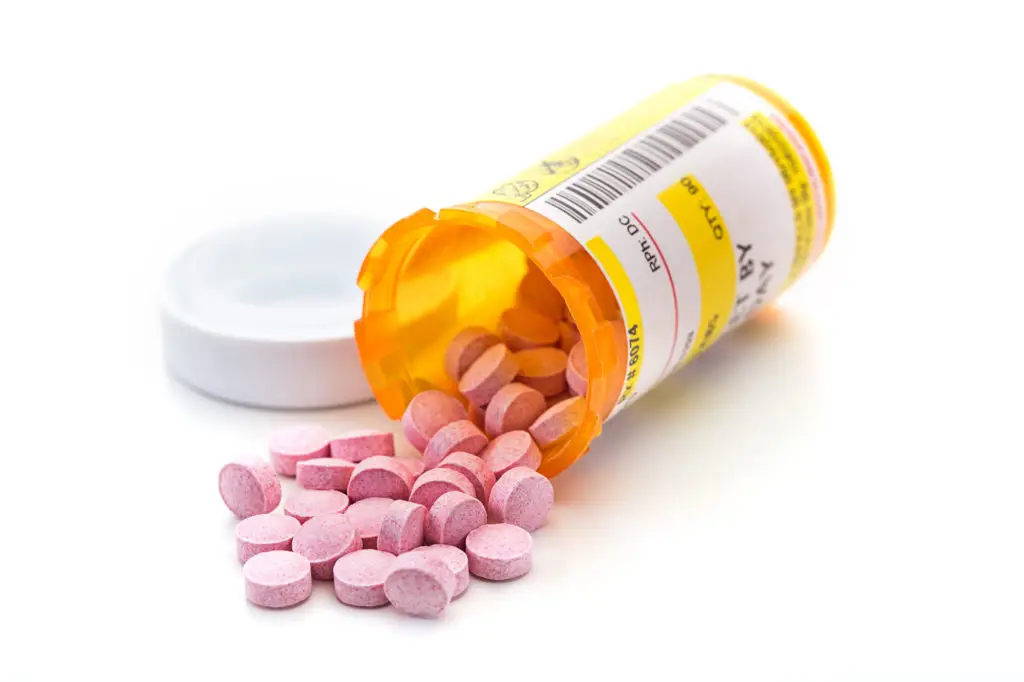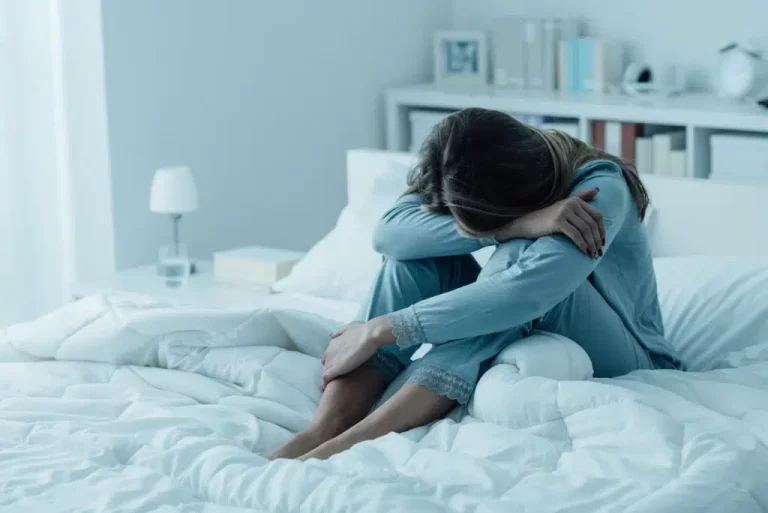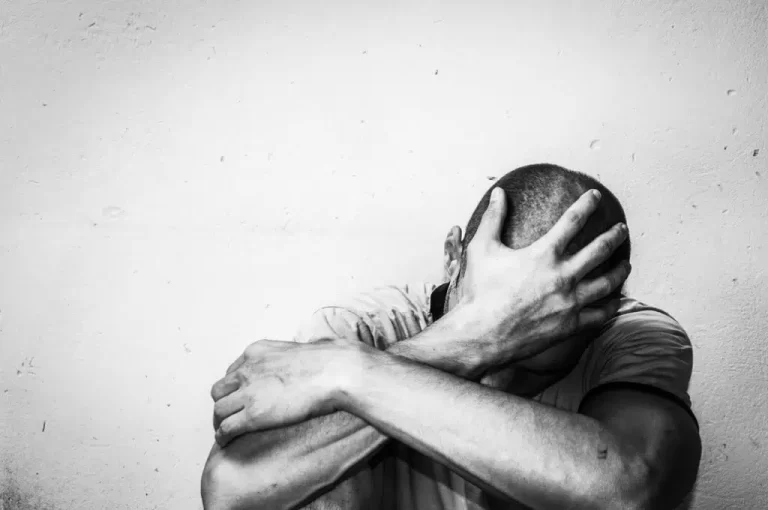Prescription opioids are often used to treat chronic and acute pain and (when used correctly) can be an important part of treatment and recovery. However, they also come with serious risks. In fact, prescription opioids were involved in over 28% of all opioid overdose deaths in 2019. It’s critical to consider all of the risks as well as the benefits (e.g., addiction, overdose and death) when discussing an opioid prescription with your doctor.
Did you know there were over 81,000 drug overdose deaths between May 2019 and May 2020 in the United States? This is the highest number of overdose deaths ever recorded in a 12-month period, according to provisional data from the Centers for Disease Control and Prevention (CDC). While not all of these cases were a result of prescription drug overdose, the numbers suggest an acceleration of prescription and nonprescription overdose deaths during the COVID-19 pandemic.
With opioid overdose deaths on the rise, it’s important to understand common myths about prescription drugs, particularly opioids, so you can use them responsibly and find the right care and treatment if you do become (or are) addicted.
Myths about prescription drugs
It can be difficult to tell the difference between facts and myths about prescription drugs, so here are a few common myths about prescription drug addiction:
Myth: Prescription drugs are not as addictive and damaging as illicit drugs.
Fact: 14% of all overdose deaths were caused by prescription opioids in 2018.
Prescription drugs can cause tolerance, dependence, withdrawal symptoms and addiction. When you use prescription drugs, you may notice it takes a larger dose to get the same relief or effect over time. This is a vicious cycle that leads to dependence and addiction because your body not only gets used to having the substance in its system all of the time, but it may also begin to exhibit symptoms of withdrawal when you stop using. Furthermore, tolerance and dependence can develop in a matter of days or weeks, so it is crucial to use these medications only as directed and talk to your doctor the moment you notice any signs of tolerance.
Myth: Prescription drugs are safer than illicit drugs.
Fact: Because prescription drugs come from a doctor, there is a misconception they are safer than street drugs.
However, they can be equally as dangerous as their illicit counterparts. For instance, 14,975 people died from prescription drug overdose in 2018 while 14,996 (just 21 more) people died from heroin overdose. Moreover, the health risks of prescription drug abuse are the same as illicit use. Abusing either in the long term can lead to appetite loss, cognitive (memory) problems, bone loss, digestive issues, poor glucose control, respiratory issues, and unintentional weight loss.
Myth: Prescription drug addiction treatment doesn’t work.
Fact: You may have heard that between 40-60% of people who complete drug addiction treatment relapse within the first year.
While that’s true, it does not mean the treatment is ineffective. What is does mean, however, is that prescription drug addiction is a chronic illness, and recovery is a continuous process. Once your rehabilitation program ends, here are a few things you can do to make the transition a bit less stressful and encourage you to live a life in recovery:
- Find sober friends
Temptation levels usually drop when those is recovery are surrounded by other like-minded, sober people. - Keep all appointments
Keep all of your post-rehab and follow-up appointments to help you process feelings, deal with family transitions and handle triggers. - Focus on mental health
Find time each day to do something positive. Things like exercising, practicing gratitude and meditating can help boost serotonin levels and help you feel stronger and healthier. - Find a support group
Counseling and 12-step groups can help you feel less alone in your struggle to maintain sobriety and deal with life after rehab. - Watch for signs of relapse
Addiction is a chronic illness, so when triggering thoughts or events occur, it’s important to go back to therapy, go to a meeting, or visit a sober friend or sponsor to stop the negative cycle before you start using again. If you or a loved one is addicted to prescription drugs and needs help, call Miramar Recovery Center at (949) 691-5036 for a free consultation. Our highly skilled and compassionate is ready to help you take the first step toward long-lasting recovery.



